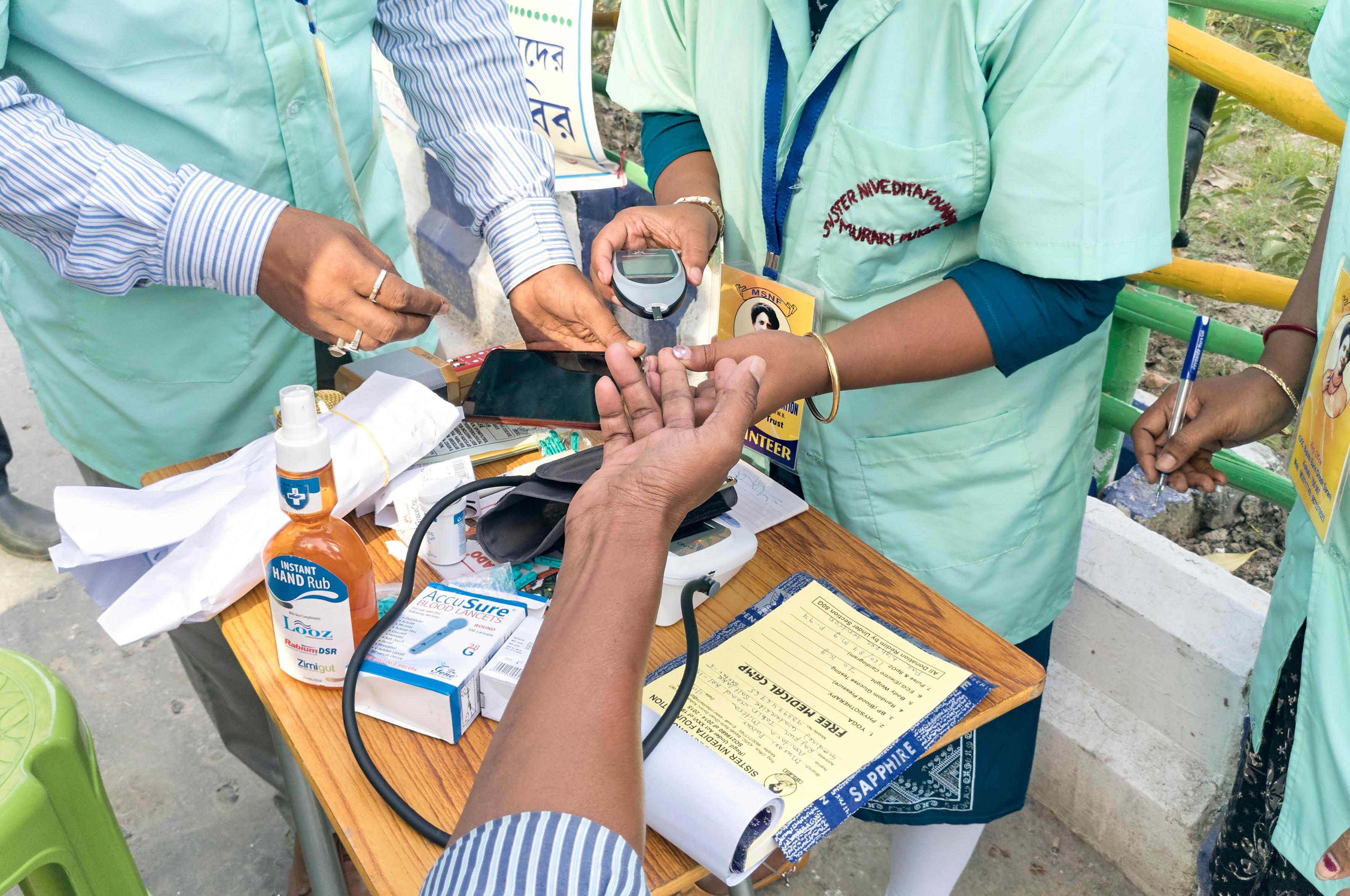Since its establishment in 2014, Indonesia’s National Health Insurance programme (JKN) has had a positive impact on access to health care. The programme covers 82.33% of the population and continues to expand its coverage with a view to attaining universal health coverage. However, the JKN is underfunded and has been operating at a deficit, with fraud and corruption among the contributing factors. An effective anti-fraud strategy is crucial to safeguard the funds available and ensure the programme’s success.
In Indonesia, health insurance fraud includes billing for services not rendered, unnecessary medical tests and treatments, kickbacks, third-party fraud, and bribery, to name a few. Such corruption undermines the JKN and threatens the right to health of the most vulnerable in society, such as the poor and unemployed.
The drivers of health insurance fraud in Indonesia are low salaries, information asymmetry in the health sector, and absence of effective counter-fraud measures. Low salaries create incentives for health sector personnel to engage in fraud and corruption to supplement their earnings. The information asymmetry between health care providers and patients regarding the cost of services, the medical need for services, and the quality of services creates opportunities for over-prescription, unnecessary treatment, and unnecessary referrals. Finally, the lack of strong counter-fraud measures exacerbates the drivers of corruption, as prevention is weak and not a priority in the health sector.
The actual impact of health insurance fraud on the JKN programme and health outcomes is difficult to establish. Nonetheless, its effects can be found across some of the health system building blocks. Bribery at the point of service delivery poses a barrier to access and erodes the quality and equity of services delivered. Fraud in the JKN increases the proliferation of falsified and substandard medical products and medicines, contributes to medicine shortages, and drives fraudulent drug pricing. On top of this, overpayments, unnecessary treatments, and phantom billing by hospitals and corrupt health care professionals further erode the JKN programme’s expansion and sustainability. Ultimately, widespread fraud and corruption in the JKN and the broader Indonesian health sector disproportionately harm those for whom access to health services is already a challenge.
Several things can be done to reduce fraud in the JKN programme. First, the legal and regulatory framework needs to be improved. The current regulatory framework is a patchwork, with provisions scattered across various statutes, and it lacks specific guidance on fraud risk prevention and mitigation. A harmonised and consistent approach is needed.
The enforcement of anti-fraud measures has progressed but still faces some challenges. Whistle-blowing mechanisms to report fraud in the JKN programme exist on all levels, from the Ministry of Health to the public hospitals. Individuals suspected of having committed fraud first receive a warning, and if the allegation is proven, face sanctions. Nonetheless, the study revealed that the responsibility to enforce anti-fraud measures is scattered across teams and actors, creating a lack of clarity, duplication of responsibilities, and overlap. Streamlining these responsibilities is crucial for reducing fraud in the JKN.
There are some good practices and lessons learned in managing health care fraud and corruption in Indonesia. Several institutions involved with the JKN programme, such as the Health Social Security Agency (BPJS-K), the Indonesian Medical Association, and the International Pharmaceutical Manufacturers Group, have established comprehensive ethics codes to address fraud. Moreover, some private hospitals have put in place regulations that govern third-party relationships. They have also developed integrity pacts between hospital employees and officers to prevent and mitigate fraud at the hospital level. The sale of medicine and medical equipment through a digital e-catalogue helps minimise medicine shortages, reduce inequality in access to medicines, and ensure that medicine prices are fair and adhere to established standards. Specialised anti-fraud teams exist at all levels of the JKN programme; however, their mandate and effectiveness could be improved. Some but not all organisations in the programme implement regular anti-fraud awareness and education programmes. Finally, open data systems for e-procurement of medicines and equipment exist, with monitoring and evaluation done in cooperation with BPJS-K, the ombudsman, and NGOs, to improve transparency, accountability, and participation.
The government expanded the JKN programme to respond to the need of the Indonesian people during the Covid-19 pandemic. However, the impact of Covid-19 on the JKN programme also exacerbated challenges of integrity and highlighted gaps in coverage and effectiveness during a crisis. For example, manipulation of data on visitors to meet performance targets, fraudulent claims and double claims, unnecessary referrals, and reuse of Covid-19 antigen tests at airports are among the corruption cases that arose in Indonesia during the pandemic. Fraud control efforts as part of the pandemic response were limited, and the responsible agencies could not operate at normal capacity during the health emergency. This meant that corruption challenges went largely unaddressed during the pandemic.
More can and should be done to strengthen the anti-fraud measures in Indonesia’s National Health Insurance programme. Future interventions should be based on a thorough fraud risk assessment as the basis for targeted and feasible mitigation measures. Overall, the entire anti-corruption function needs to be improved, from the legal and regulatory environment to the capacity of fraud teams, digital initiatives, and monitoring and evaluation. Continuing and deepening research on the workings of the JKN is needed to ensure evidence-based anti-corruption policy and better health outcomes for all.


